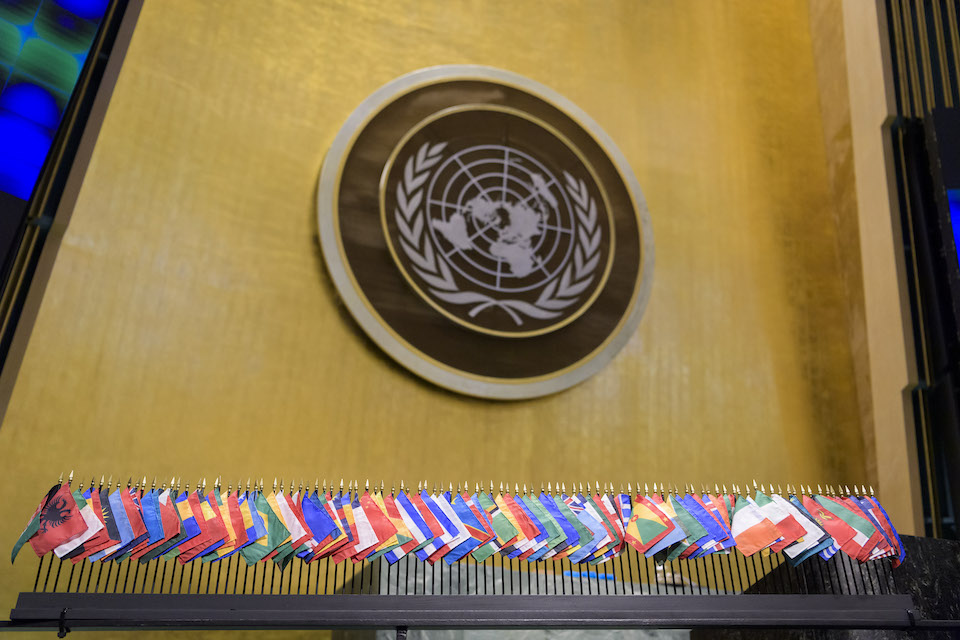The work and leadership of the UN remain crucial in Afghanistan
Statement by Ambassador James Kariuki at the Security Council briefing on Afghanistan

Thank you Madam President.
I also thank the Secretary General, SRSG Lyons, and Ms Seraj for their sobering briefings today, and I’m grateful to Ambassador Tirumurti for his update on the work of the 1988 committee.
Madam President, the situation in Afghanistan remains of deep concern. Over 20 million people, half the population, are in need of urgent assistance. The risks of a humanitarian catastrophe are real and urgent action is needed to avert economic collapse.
The work of UNAMA and UN leadership remain crucial. The United Kingdom welcomes the launch today of the Transitional Engagement Framework, a whole of UN system approach to provision of life saving assistance and support for basic human needs. Saving lives requires an adequately resourced, prioritised and coordinated UN-led international response. You have our support.
It also requires constructive engagement by the Taliban on delivery under humanitarian principles. We welcome the positive trajectory in the ability of female humanitarians to deliver assistance to the most vulnerable.
The United Kingdom has shown our commitment to the Afghan people by doubling our aid to Afghanistan this financial year to £286 million and, importantly we have already disbursed £163 million of this money. We encourage others to support the UN’s appeal and to release their generous commitments without delay.
We recognise humanitarian assistance can only go so far, there is also a need to address the liquidity crisis. We strongly support the UN and World Bank’s efforts to find creative solutions.
We also welcome ongoing discussions between the World Bank and donors on repurposing a portion of the remaining $1.2 billion Afghanistan Reconstruction Trust Fund, in addition to the $280 million already released in order to support essential health services and food security and nutrition.
Madam President, this week’s conference in Oslo has been an important opportunity for the UK, other donors and civil society to communicate expectations directly to the Taliban. Expectations set by this Council in resolution 2593.
We are deeply concerned in particular by reports of an increase in reprisals against former security forces and government officials as well as attacks against minority groups and detentions of civil society, particularly female activists. We call on the Taliban to respect the amnesty they issued in August for all Afghans and to carry out transparent investigations into all allegations of human rights abuses.
As we’ve heard clearly from Ms Seraj today, and others, women’s rights have also been sharply restricted, with many women unable to work and girls kept away from school. The Taliban’s assurances that girls will be able to return to school on 21 of March is welcome - the international community will be watching closely. Schools were already segregated under the previous government and many parents want to see their daughters educated.
Sustainable peace and stability in Afghanistan will rely on a politics reflective of Afghanistan’s rich diversity and we continue to call for inclusive governance.
On terrorism, we welcome the Taliban’s commitments to tackle terrorist groups, and urge them to ensure that Al Qa’eda, Islamic State and other terrorist groups can never again organise, raise funds or plan attacks from Afghan territory. We took careful note of SRSG Lyon’s remarks in this regard, and we will continue to calibrate our approach to the Taliban according to their actions against these core priorities, not just their words. Madam President, it’s vital that we in this Council continue to speak with one voice in support of the UN’s work in the months ahead. Thank you.